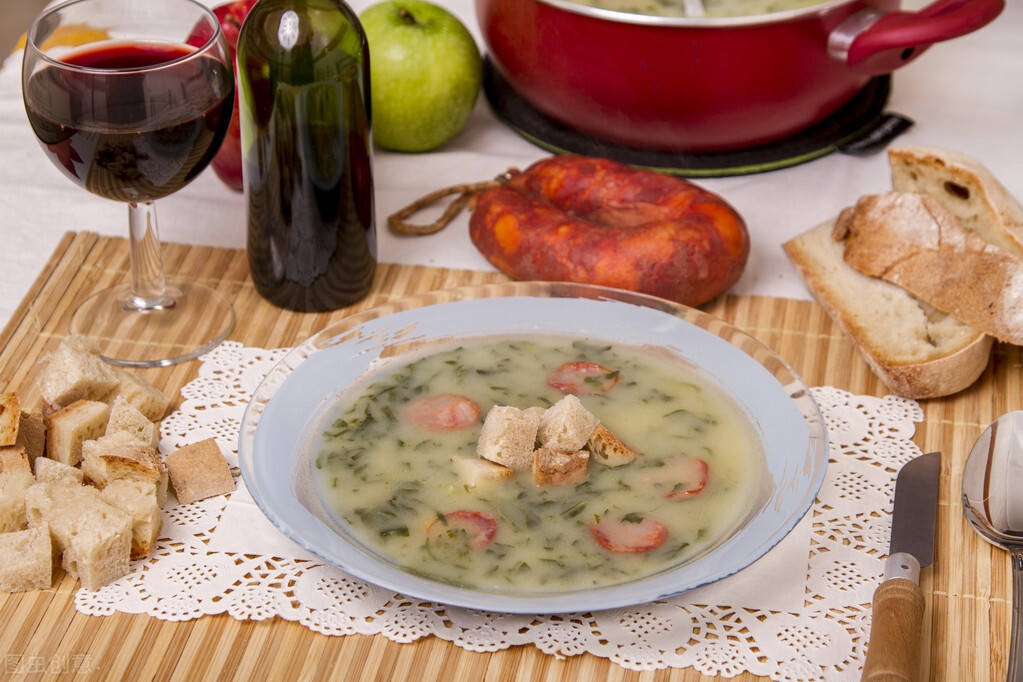The climate of Portugal plays a significant role in shaping the country’s cuisine. Portugal has a Mediterranean climate characterized by hot, dry summers and mild, wet winters, which influences the ingredients used in traditional dishes and the overall culinary style. Some ways in which the climate of Portugal influences its cuisine include:
- Abundance of seafood: With a long coastline along the Atlantic Ocean, Portugal has a rich tradition of seafood consumption. The climate supports a thriving fishing industry, providing an abundance of fresh fish, shellfish, and other seafood, which are widely used in Portuguese cuisine.
- Olive oil production: The warm, sunny climate of Portugal is ideal for growing olive trees, making olive oil a staple ingredient in the country’s cuisine. Olive oil is used extensively in Portuguese cooking, both as a cooking fat and as a dressing for salads and other dishes.
- Wine production: Portugal’s climate is also favorable for wine production, with various regions producing both red and white wines. Wine is an essential component of Portuguese cuisine, often used in cooking and enjoyed as a beverage with meals.
- Fresh fruits and vegetables: The Mediterranean climate supports the growth of a wide variety of fresh fruits and vegetables, such as tomatoes, peppers, onions, garlic, citrus fruits, and stone fruits. These ingredients feature prominently in Portuguese dishes, adding flavor and color to the cuisine.
- Herbs and spices: Portugal’s temperate climate allows for the cultivation of various aromatic herbs and spices, such as cilantro, parsley, bay leaves, and piri-piri peppers. These ingredients are used to season and enhance the flavors of Portuguese dishes.
- Grilling and outdoor cooking: The warm weather in Portugal encourages outdoor cooking and socializing, with grilling being a popular cooking method. This is reflected in many traditional Portuguese dishes, such as grilled sardines, piri-piri chicken, and chouriço sausages.
- Preservation techniques: Due to the hot and dry summers, traditional food preservation techniques, such as salting, curing, and drying, have long been used in Portugal. This is evident in the popularity of dishes featuring preserved ingredients, such as salted cod (bacalhau) and cured meats.
Overall, the climate of Portugal heavily influences its cuisine, with an emphasis on fresh, locally sourced ingredients, vibrant flavors, and simple cooking techniques that showcase the natural flavors of the ingredients.
